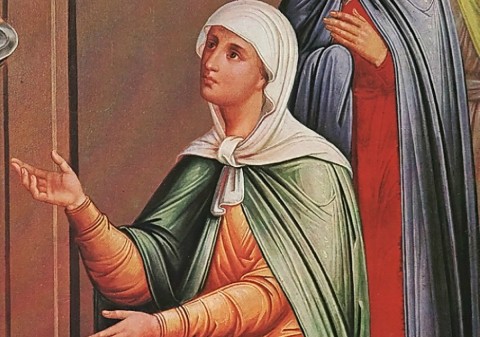A neurodiverse God?
The parable of the widow and the unjust judge might give us a radical look at the face of God.

Not long ago I found myself addressing a conference on theology and neurodiversity—I believe the first of its kind. As I prepared, I reflected on the story of the widow and the unjust judge in Luke 18. The parable is deceptively simple. It declares itself to be about prayer, but readers of the parables learn to be wary of limiting their interpretation to the ways they are introduced. In the story we meet a judge who is impervious to the judgment of God and uninterested in the judgments of his fellow citizens. Then we meet a widow who continually bothers him, calling for him to vindicate her in the face of injustice. The contrast is clear: a judge stands in the place of God, who alone is judge, while the widow occupies one of the three key roles that provide in the Old Testament a touchstone for the faithfulness of Israel, the others being the orphan and the stranger. What each has in common is that they have no male relatives to step in and advocate on their behalf. The widow is thus the epitome of vulnerability, while the judge is the epitome of power.
And yet the widow is indeed vindicated. Not because the judge has pity, or because he comes to see the justice of her cause. No, he yields only because she becomes a nuisance. He becomes worn out with her pleading.
What struck me was that both characters display what might be portrayed as characteristics of autism. Let’s look first at the judge. You could say he displays neurodiverse characteristics that amplify the stigmatization of neurodiverse people. He seems set on his own purpose, and he doesn’t see why the widow should alter it. He has a public role but a very limited understanding of how best to carry it out. He doesn’t fear God or the opinions of others. He seems rather caught up in his own world. It seems almost impossible for him to walk a mile in someone else’s shoes. It doesn’t seem to matter how much distress he causes the widow—he won’t be diverted from his course of action. It seems not so much selfish as blinkered. Eventually he changes his approach—not because he changes his mind, but because the new course of action seems convenient to him.




